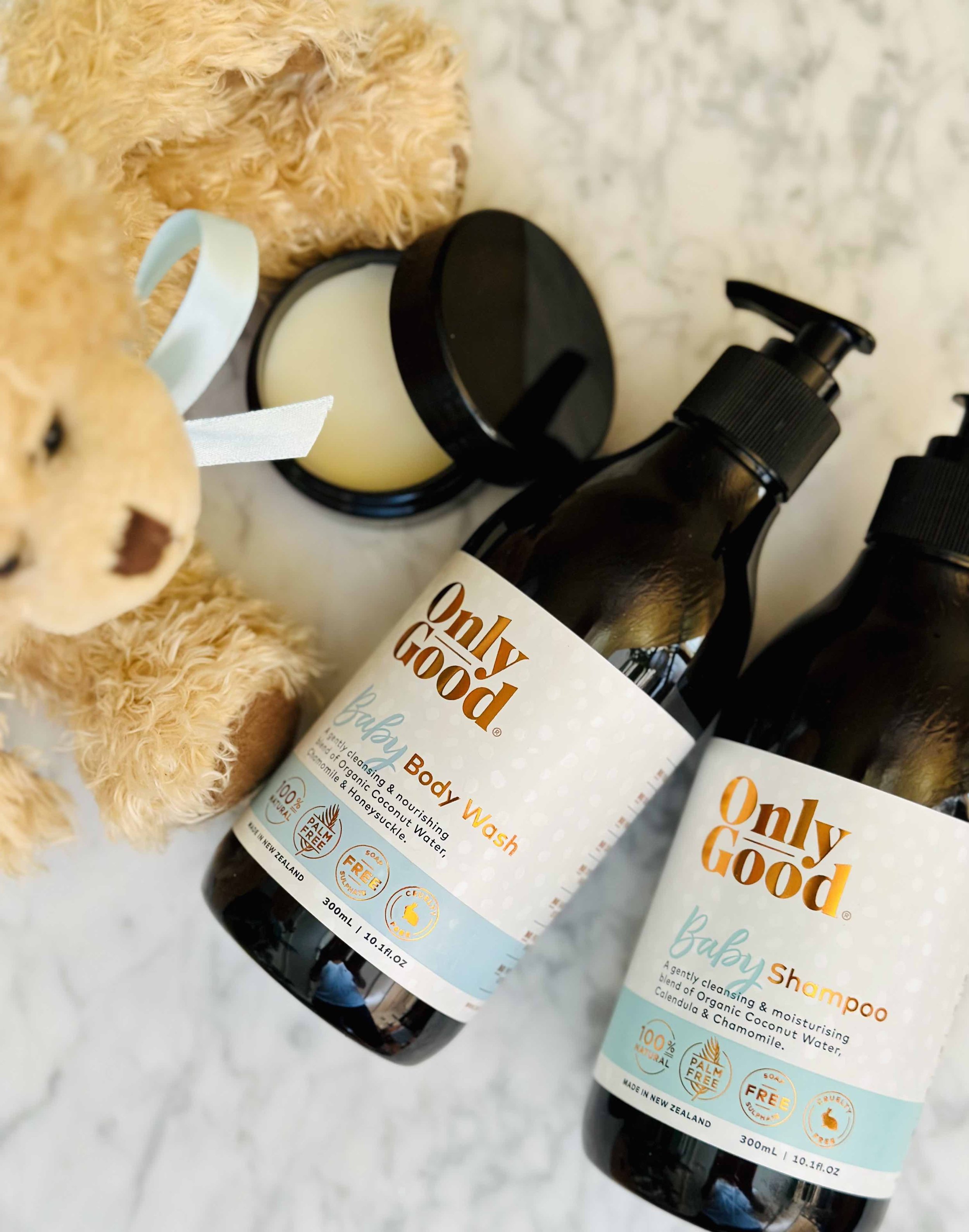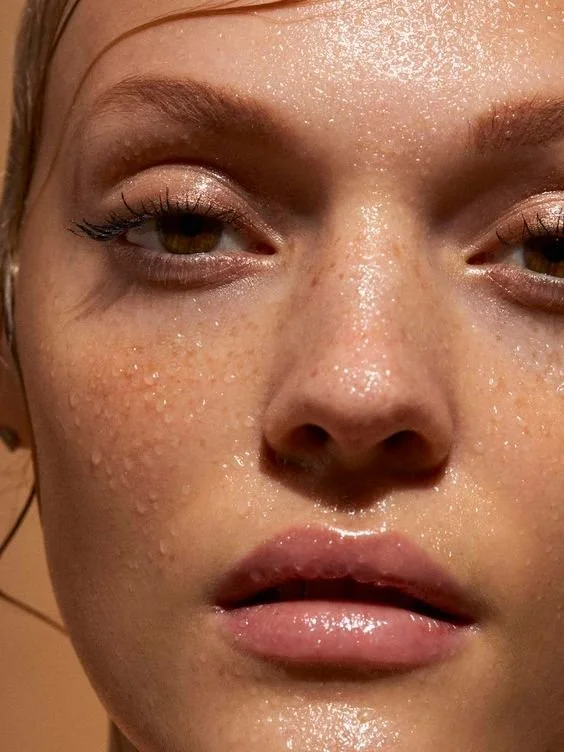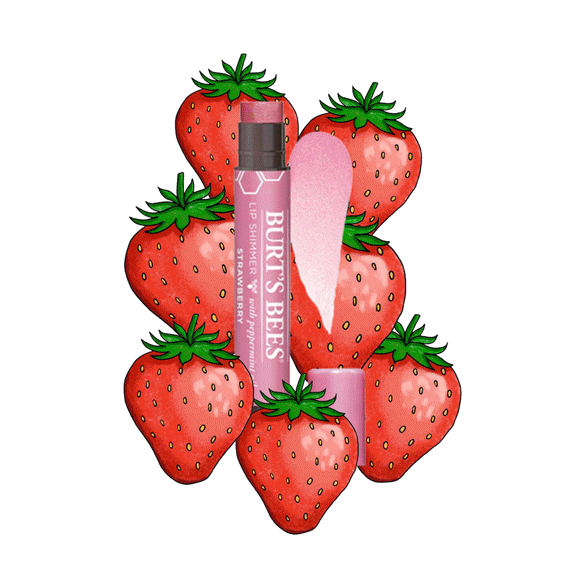The moment you become a mum, your life changes forever. And we are not just pointing to sleepless nights and the juggle that is a career and a family. It's the investment in their health and well-being that keeps you ever vigilant. Editor Trudi Brewer shares advice on what skincare ingredients to avoid, while a mum of four shares her do’s and don’ts.
Our skin changes during pregnancy and again once the baby arrives. While hormones are primarily to blame, there is often a shift from a complicated skincare routine to a simple, cost-effective one, often on the advice of a trusted source. But there is a basis to consider.
Mother of four, Micah Wilson, and her youngest son, 18-month-old Noah Wilson
How has your beauty regime changed during pregnancy and becoming a mum?
My skincare regime has changed significantly. During pregnancies and breastfeeding, I kept it simple. However, my skin underwent much change during pregnancy, and I developed pigmentation and dryness. I was not feeling at my best and needed a radical change. So I did my research and ended up at Luxe appearance. I received a Cosmelan peel between not being pregnant or breastfeeding, and it removed my pigment. This was life-changing for me and my journey, including the new Mesoestetic skincare range and always sunblock SPF 50.
What ingredients, if any, do you avoid?
I avoid skincare products Which include retinol and vitamin A.
What do you look for in the supermarket if you are buying skincare?
Always natural and as simple as possible. Often, brands claim to be free from many nasty ingredients, so it’s always a good idea to read the back of the bottle, and check the list.
What about your babies? What would you never use on their skin?
I keep everything as natural as possible. Always artificial fragrance, sulphate, paraben and phthalate-free. I would also never use talcum powder as this has been known to contain traces of formaldehyde.
What’s your best tip to other mums when caring for your baby’s skin?
I believe babies up to three months need little to no skincare as their skin is so sensitive, and if they have any spots or dry spots, they tend to clear up by themselves. In the first six-12 weeks, a baby’s skin gradually adjusts and forms the acid mantle, which is its protective barrier. After that, their skin can react quickly to hidden nasties, including baby wipes. The fragrance-free water wipes are the best, and I often rinse them in warm water when changing nappies. I never put anything directly onto their skin if I can help it unless they have developed a nappy rash. If, unfortunately, they have, then I add a little baking soda to the bath (after three months of age), which relieves the redness and swelling. I may apply some zinc and castor oil cream on the area if needed. I always use a natural baby-specific wash as my kids get a little older.
The Ingredients to avoid
According to the Food and Drug Administration (FDA), cosmetic products don't need FDA approval to be on sale. So it’s up to you to do the research. here’s our list of no-go ingredients.
Retinoids
Essential for your immune system, and eye health, it's also the one ingredient that will get your skin glowing - fast, reversing the look of brown spots and fine lines, clearing acne and boosting your cell turnover and collagen production). But during pregnancy, it can cause Fetal retinoid syndrome (FRS), even used in low doses.
Salicylic acid
Hot right now, and for a good reason, salicylic acid helps clear acne and brighten the skin. However, it’s not safe for pregnant women when taken orally in acne medication. This 2013 study highlights the risks. However, lower-dose topical products like cleansers and serums are safe, according to the American College of Obstetricians and Gynecologists (ACOG).
Phthalates
Phthalates are endocrine-disrupting chemicals and are found in many beauty and personal products. In animal and human studies, reproductive and developmental dysfunction has been linked to phthalate exposure. Ongoing research by professional medical organisations, such as the American Academy of Pediatrics, claims cosmetics are a top source of phthalate exposure. The most common are (DEP) diethyl phthalate, commonly found in plastic packaging and can leach into personal care products.
Formaldehyde
While rarely used as a preservative and disinfectant in beauty products because it’s a known carcinogen, this ingredient can be a risk of infertility and miscarriage. But there are formaldehyde-releasing chemicals commonly found in cosmetics with a similar potentially dangerous effect.
Essential Oils
Neat essential oils are 50 times more concentrated than most fragrance ingredients, and it’s unclear how much oil can be absorbed by the body. They are generally considered safe when diluted, but two that ring alarm bells are tea tree oil, it’s toxic, and rosemary oil can raise blood pressure and cause uterine contractions.
SKIN DEEP
Suppose you are unsure about the ingredients in your skincare or baby products. In that case, the Environmental Working Group (EWG) is a valuable search tool for understanding what is safe for you and your family.
Our pick of natural baby care
The most gentle formulations for the most precious of skin, that’s the goal with the Only Good Baby care, made from a base of organic coconut water and soothing calendula - see the range below.
Only Good Baby Balm, $10.
Ultra-gentle, and natural this multi-purpose balm is a blend of sweet almond and coconut oil, vitamin E and Shea butter, makes this as baby bag essential.
Only Good Baby Body Wash, $9.
Used in a warm bath, the organic coconut water, honeysuckle, and the calming effects of chamomile help gently clean delicate skin.
ONLY GOOD BABY SHAMPOO, $10.
Soap-free, it’s made with organic coconut water, calming calendula and chamomile. Nourishing and natural it leaves a hint of coconut scent on baby.




























So, what’s wrong with talc in makeup? Discover why it’s on the nasties list.